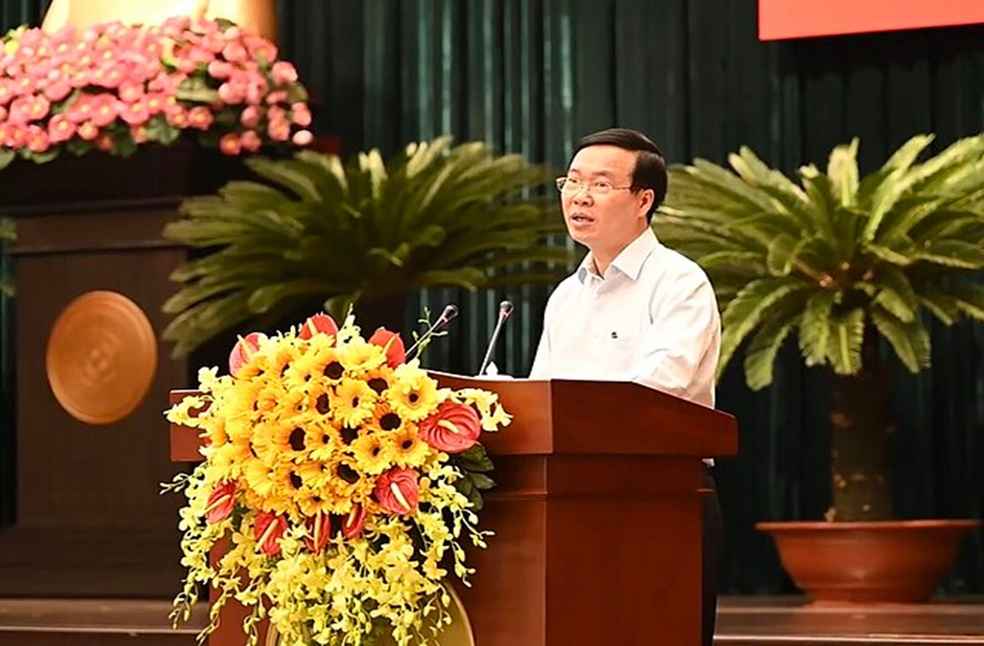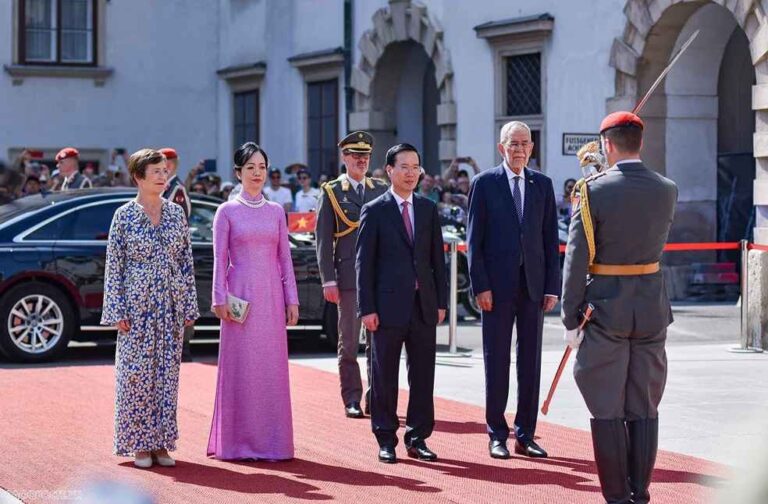Vietnam: The Communist Party has announced that Vietnam’s President Vo Van Thuong resigned after a year in office. This makes him the latest senior official to leave after being embroiled in an anti-corruption campaign.
After the ruling party meeting, the government clarified that he violated party rules, which affected its reputation. Thuong’s resignation appears to be linked to corruption in his home province.
Vo Van Thuong was appointed as president after another president was forced to resign due to corruption. The party leadership prioritised corruption as a severe issue that needs to be addressed. Changes in Vietnam’s administration are usually carefully prepared and choreographed.
The Community Party is seeing it challenging to deal with the corruption that is becoming endemic in the country’s fast-growing economy, as they lost two presidents within a year due to corruption scandals.

In Vietnamese politics, the president is one of the top four pillars. Although the President carries significant power, the General Secretary of the Communist Party is the most powerful of the four positions. The other two are the Prime Minister and the Speaker of the National Assembly.
Vo Van Thuong was considered a competent and relatively young president when he was elected. He held the distinction of being a follower of powerful party chief Nguyen Phu Trong, who led the anti-crime movement.
Tung’s resignation requires formal approval from the National Assembly. Recently, police declared the arrest of a former leader on corruption charges in central Vietnam’s Quang Ngai province, where Thuong was party chief. Thuong is the latest in a string of Vietnamese administrators and industry leaders to lose their positions and in some cases go to prison over corruption allegations.



